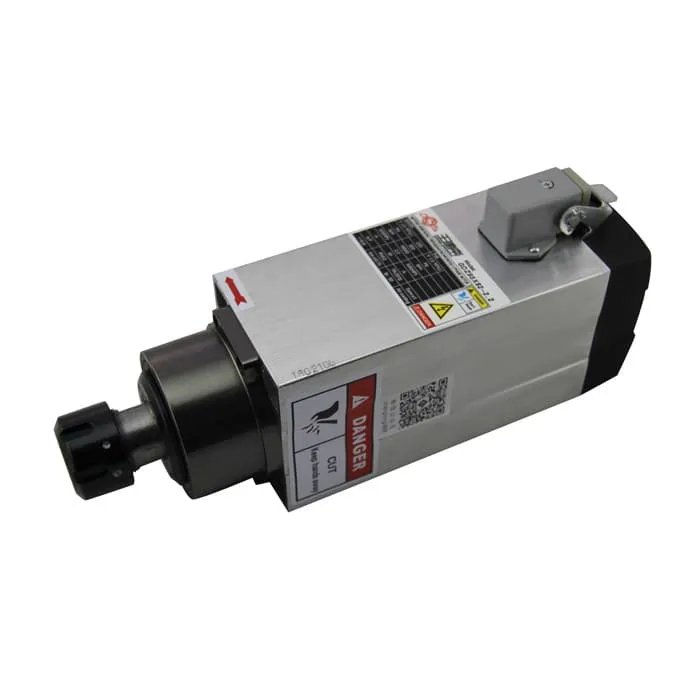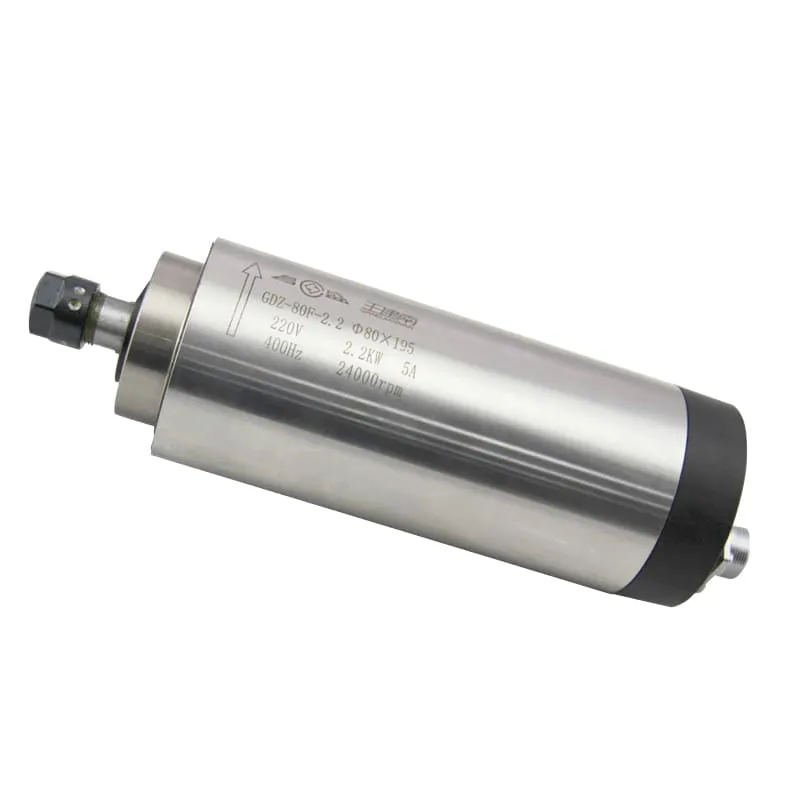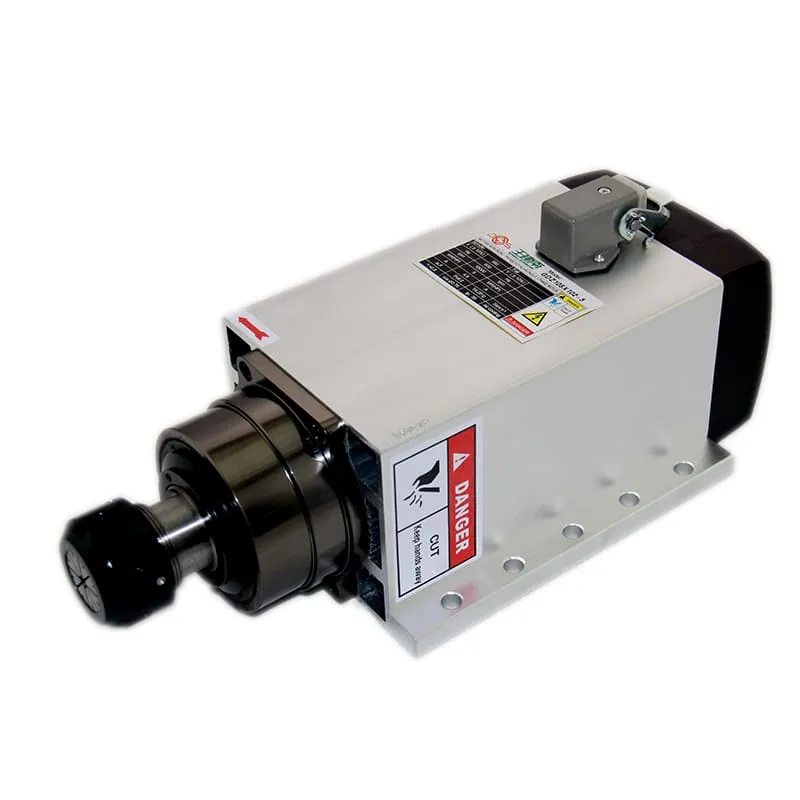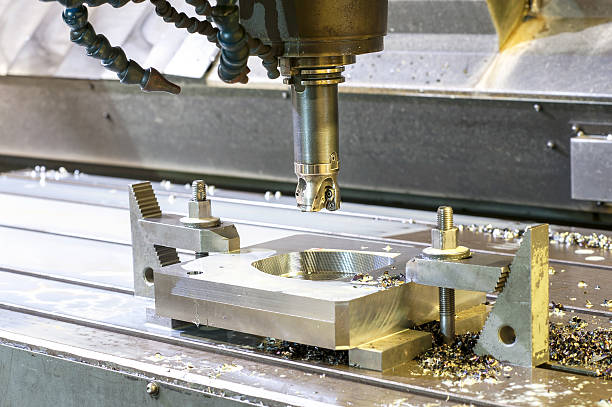How Many Types of CNC Machines Are There: Exploring the Diverse World of Precision Manufacturing
In the realm of modern manufacturing, Computer Numerical Control (CNC) machines have revolutionized the way we produce parts and products. These versatile tools have become the backbone of industries ranging from aerospace to medical device production. But just how many types of CNC machines are there? Let’s dive into this fascinating world and explore the diverse array of CNC technologies shaping our manufacturing landscape.
Understanding the Basics of CNC Machines
Before we delve into the various types, it’s essential to understand what a CNC machine is. At its core, a CNC machine is a computer-controlled tool that can precisely manipulate materials to create complex parts. The “numerical control” refers to the computer’s ability to direct the machine’s movements using a specific programmed sequence.
CNC machines have transformed manufacturing by offering:
- Increased precision and accuracy
- Higher production speeds
- Ability to create complex geometries
- Reduced human error
- Consistent output quality
With these advantages, it’s no wonder that CNC machines have become indispensable in modern manufacturing.
The Main Categories of CNC Machines
While there are numerous specialized CNC machines, they can be broadly categorized into several main types. Let’s explore each of these categories in detail:
- CNC Mills
- CNC Lathes
- CNC Routers
- CNC Plasma Cutters
- CNC Laser Cutters
- CNC Electric Discharge Machines (EDM)
- CNC Water Jet Cutters
- CNC Grinding Machines
CNC Mills: The Versatile Workhorses
CNC milling machines are perhaps the most common type of CNC machine. They use rotary cutters to remove material from a workpiece, creating a wide range of shapes and features. CNC mills come in various configurations:
- Vertical Mills
- Horizontal Mills
- 3-Axis Mills
- 4-Axis Mills
- 5-Axis Mills
5-axis CNC mills are particularly impressive, allowing for complex geometries and reduced setup times. These machines often require high-performance spindles to achieve the precision and speed necessary for advanced manufacturing.

CNC Lathes: Masters of Cylindrical Parts
CNC lathes are designed for creating cylindrical parts. They work by rotating the workpiece while a cutting tool moves along its surface. Types of CNC lathes include:
- 2-Axis Lathes
- Multi-Axis Lathes
- Swiss-Type Lathes
These machines are crucial in industries that require precision-turned parts, such as automotive and aerospace.
CNC Routers: Woodworking and Beyond
CNC routers are similar to mills but are typically used for cutting softer materials like wood, plastics, and composites. They’re popular in:
- Woodworking
- Sign making
- Furniture production
CNC router spindles are designed to handle high-speed operations, often running at speeds up to 24,000 RPM or more.

CNC Plasma Cutters: Precision Metal Cutting
These machines use a plasma torch to cut through conductive materials, typically metal. They’re excellent for:
- Sheet metal fabrication
- Metal art
- Industrial manufacturing
CNC plasma cutters can quickly and accurately cut complex shapes out of metal sheets.
CNC Laser Cutters: High-Precision Material Processing
Laser cutters use a focused beam of light to cut or engrave materials. They’re incredibly versatile and can work with:
- Wood
- Acrylic
- Leather
- Certain metals
The precision of laser cutters makes them ideal for intricate designs and small-scale production.
Electric Discharge Machines (EDM): Shaping Hard Materials
EDM machines use electrical discharges to erode material from a workpiece. They’re particularly useful for:
- Cutting extremely hard materials
- Creating complex internal shapes
- Producing very small parts
There are three main types of EDM machines:
- Wire EDM
- Sinker EDM
- Hole Drilling EDM
CNC Water Jet Cutters: Versatile and Cool
Water jet cutters use a high-pressure stream of water, often mixed with abrasive particles, to cut through materials. They’re unique because they:
- Can cut almost any material
- Don’t generate heat, avoiding thermal distortion
- Are environmentally friendly
CNC Grinding Machines: Surface Perfection
Grinding machines are used for achieving extremely smooth surfaces and tight tolerances. They come in various types:
- Surface Grinders
- Cylindrical Grinders
- Centerless Grinders
High-performance spindles are crucial for achieving the precision required in CNC grinding operations.

Specialized CNC Machines
Beyond these main categories, there are several specialized CNC machines designed for specific applications:
- CNC Gear Cutting Machines
- CNC Tube Bending Machines
- CNC Flame Cutters
- CNC Coordinate Measuring Machines (CMM)
Hybrid CNC Machines: The Future of Manufacturing
As technology advances, we’re seeing the emergence of hybrid CNC machines that combine multiple technologies:
- Mill-Turn Centers: Combining milling and turning capabilities
- Additive-Subtractive Machines: Integrating 3D printing with traditional CNC machining
These hybrid machines offer increased flexibility and can reduce production times by combining multiple operations in a single setup.
CNC Machining Centers: All-in-One Solutions
Machining centers are sophisticated CNC machines that can perform multiple operations. They often include:
- Automatic tool changers
- Multiple axes of motion
- Integrated cooling systems
These machines are designed for high-volume production and can significantly reduce setup times between different operations.
The Role of Spindles in CNC Machines
The spindle is a crucial component in many CNC machines, particularly mills, routers, and grinders. The choice of spindle can significantly impact a machine’s capabilities, affecting:
- Cutting speed
- Precision
- Surface finish quality
When selecting a CNC machine, it’s essential to consider the spindle specifications and how they align with your manufacturing needs.
CNC Machine Configurations: From 3-Axis to Multi-Axis
CNC machines come in various axis configurations, each offering different levels of complexity and capability:
- 3-Axis Machines: Basic XYZ motion
- 4-Axis Machines: XYZ + rotary axis
- 5-Axis Machines: XYZ + two rotary axes
- 6-Axis and Beyond: Advanced configurations for specialized applications
The more axes a machine has, the more complex shapes it can create and the fewer setups required for intricate parts.
The Impact of CNC Machine Types on Industry
The diversity of CNC machine types has had a profound impact on various industries:
- Automotive: Improved precision and efficiency in parts production
- Aerospace: Ability to machine complex geometries for lightweight components
- Medical: Production of intricate implants and surgical instruments
- Consumer goods: Rapid prototyping and customization capabilities
This wide range of applications demonstrates the versatility and importance of different CNC machine types in modern manufacturing.
Choosing the Right CNC Machine Type
Selecting the appropriate CNC machine type depends on several factors:
- Material being machined
- Desired part geometry
- Production volume
- Precision requirements
- Budget constraints
Understanding the strengths and limitations of each machine type is crucial for making an informed decision.
The Future of CNC Machine Types
As we look to the future, several trends are shaping the evolution of CNC machine types:
- Increased automation and lights-out manufacturing
- Integration of IoT and data analytics for predictive maintenance
- Development of more energy-efficient and sustainable CNC technologies
- Expansion of multi-axis machining capabilities
These advancements will likely lead to even more specialized and efficient CNC machine types in the coming years.
Conclusion: Embracing the Diversity of CNC Machines
The world of CNC machines is vast and diverse, with each type offering unique capabilities and advantages. From the versatile CNC mills to the precision of laser cutters, there’s a CNC machine for nearly every manufacturing need. As technology continues to advance, we can expect to see even more innovative CNC machine types emerge, further revolutionizing the way we produce parts and products.
Whether you’re a manufacturer looking to expand your capabilities or simply curious about the technology shaping our world, understanding the various types of CNC machines is key to appreciating the complexity and precision of modern manufacturing. The diversity of CNC machine types ensures that whatever your production needs may be, there’s likely a CNC solution waiting to bring your ideas to life.
FAQs
What is the most common type of CNC machine?
CNC mills are generally considered the most common type of CNC machine due to their versatility in handling a wide range of materials and producing complex parts.
Can a single CNC machine perform multiple types of operations?
Yes, many modern CNC machines, especially machining centers, can perform multiple operations such as milling, drilling, and tapping in a single setup.
How do I choose the right type of CNC machine for my project?
Consider factors such as the materials you’ll be working with, the complexity of the parts you need to produce, your production volume, and your budget when selecting a CNC machine type.
Are there CNC machines suitable for home or small workshop use?
Yes, there are desktop CNC mills, routers, and laser cutters designed for hobbyists and small-scale production that are suitable for home or small workshop use.
How often do new types of CNC machines emerge?
The CNC machine industry is constantly evolving, with new specialized machines and hybrid technologies emerging every few years in response to changing manufacturing needs and technological advancements.

